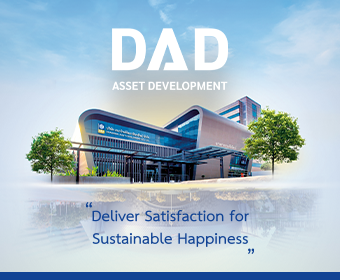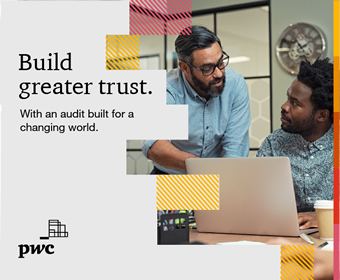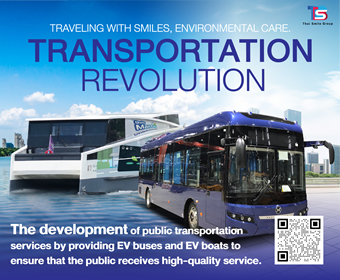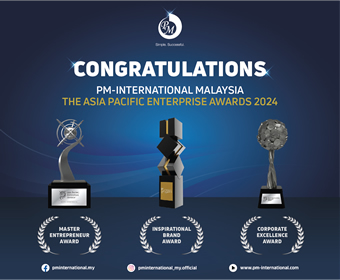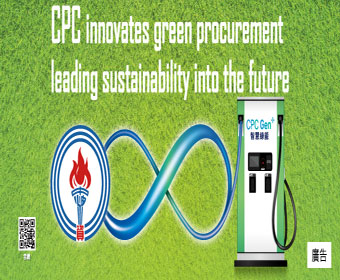At COP28, ACCA (the Association of Chartered Certified Accountants) joined with technical services provider TUV Rheinland to explore how businesses of all sizes can be better supported to adapt, upskill and attract transition finance.
The session, Impact investing with purpose and precision based on sound accounting principles, also highlighted the critical role of accountants in supporting a just transition to a more sustainable world and driving forward equitable sustainability investment. Increasing sustainability and green finance skills across the world are a critical part of this, including for SMEs who are essential to a just transition.
Impact investors seek to generate positive and measurable social and environmental impact, alongside a financial return. Investing in businesses actively wanting to be part of climate-change solutions is essential to a sustainable future.
Helen Brand, Chief Executive, ACCA, who spoke at the event, said: ‘Both businesses and investors will gain from having high quality accounting and management information on climate-related issues. An important part of a just transition to a more sustainable world is ensuring that all businesses – whatever their shape or size – have access to the skills that are needed to enable this. It’s important that we build those skills across the world, and accountants are well-equipped to play a central role in this.’
She added: ‘The further development and adoption of consistent, comparable sustainability reporting standards will also be an important driver of change.’
The session – part of Private finance capacities day at COP28 – focused on the fashion and garment industry, exploring sustainable development funding opportunities, and what investors need and think.
Rakesh Vazirani, Head of Sustainability Services, Business Stream Products, TUV Rheinland, said: ‘Companies, especially SMEs are impatient to be resilient in the face of triple planetary crisis, and intent on avoiding greenwashing risks while on this journey. Harmonized due-diligence and impact measurement approaches that are context-sensitive but grounded in sound accounting practices can be the adrenaline for this decarbonisation-linked transition.’
Both business seeking investment and those with funds will gain from having clear, consistent accounting and management information which identifies, sets out and manages climate-related business risks.
Impact measurement and management (IMM) has become increasingly sophisticated over the last decade, driven by growing interest in impact investing and the need to address more stringent sustainability reporting requirements from regulators.
Saqib Sohail, Responsible Business Projects, Artistic Milliners, said: “At Artistic Milliners, green isn’t just a trend, it’s our responsibility. We invest in long term eco-initiatives because the planet can’t wait. We’ve explored various financing options, and co-financing shines brightest. It builds bridges for ambitious decarbonization projects. We have a vision to factor environmental impact into our manufacturing and sourcing decisions and hope for the same from retailers.”
The post COP28: Green finance skills and consistent accounting approaches needed to help sustainable businesses attract investment first appeared on Energy Asia.




